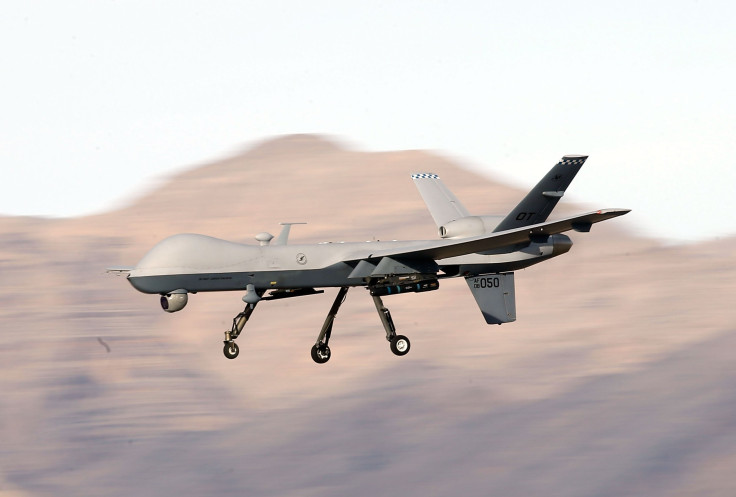US Government Need Not Reveal Memos Related To Targeted Killings, Appeals Court Rules

The U.S. government can continue to conceal internal documents and memos related to targeted killings of its citizens suspected of being involved in terrorist activities overseas, a federal appeals court ruled, in a decision unsealed Monday.
The ruling, handed down in October, came more than a year after a Freedom of Information Act lawsuit -- filed by the New York Times and the American Civil Liberties Union (ACLU) -- forced the Justice Department to reveal a secret memo that authorized the killing of American-born terrorist Anwar al-Awlaki.
“We emphasize at the outset that the lawfulness of drone strikes is not at issue,” Judge Jon O. Newman, who wrote for the three-judge panel at the 2nd U.S. Circuit Court of Appeals in New York, said, in the ruling. “This appeal, like the prior one, primarily concerns whether documents considering such lawfulness must be disclosed.”
The prior appeal forced the Obama administration to disclose a redacted version of a 2010 legal opinion prepared by the Office of Legal Counsel in the Justice Department describing the legality of targeted drone attacks for killing Awlaki -- a radical Muslim cleric working for al Qaeda in Yemen. Awlaki was killed in a U.S. drone strike in 2011, setting an important legal precedent for dealing with American citizens involved in terrorism overseas.
“We do not believe al-Awlaki’s citizenship provides a basis for concluding that he is immune from a use of force abroad,” David Barron, then the acting head of the Justice Department’s Office of Legal Counsel, wrote, in the 2010 memo addressed to the attorney general.
In its ruling, the appeals court wrote that it had ordered the release of the 2010 memos because government officials made public statements and revealed extensive details about the document. By contrast, officials had remained tight-lipped about a 2002 document providing legal advice to the president’s legal adviser, which, therefore, will remain sealed.
Jameel Jaffer, deputy legal director of ACLU, deplored the ruling and said that there should be no room for a “secret law” in a democracy.
“The government should not be using lethal force based on standards that are explained only vaguely and on facts that are never published or independently reviewed,” Jaffer reportedly said, in response to the ruling, echoing concerns previously aired by several human rights activists.
“As President Obama considers his legacy and the certainty that the targeted-killing program will soon be in the hands of a new president, we urge the administration to disclose more information about the program and subject it to stronger oversight.”
© Copyright IBTimes 2024. All rights reserved.






















